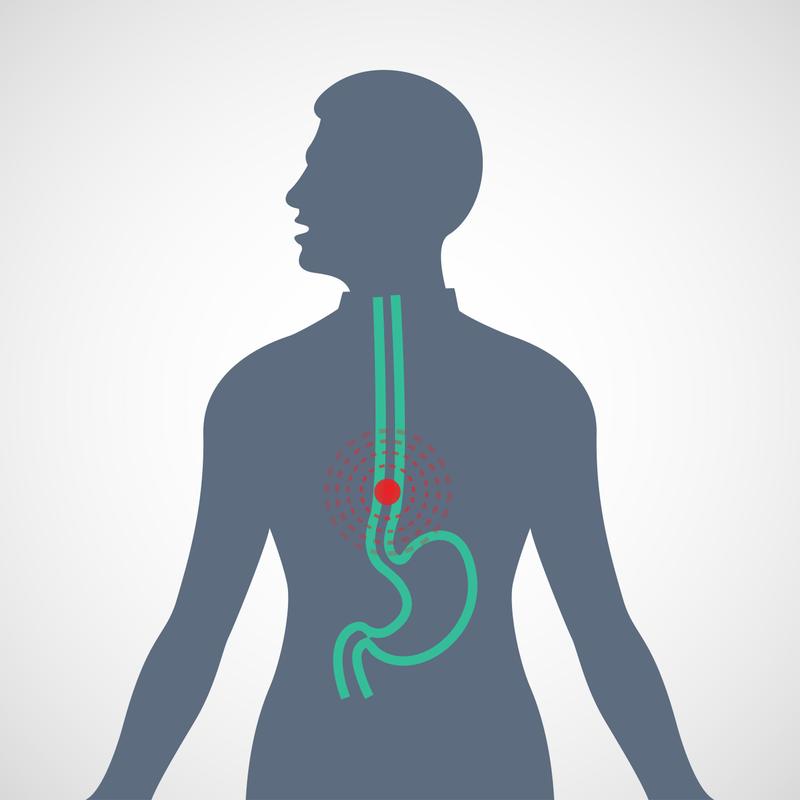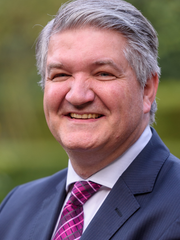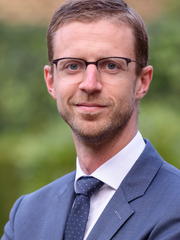The quality of oesophagectomies (removal of the oesophagus) has been improving year on year at UZ Leuven, as a result of ongoing improvements in operating techniques and the aftercare provided following the operation. “We compared the data of patients who were operated on between 2014 and 2016 with the data of patients who were operated on in 2017 and 2018,” stated prof. dr. Philippe Nafteux, who is in charge of the oesophageal cancer care programme and thoracic surgeon at UZ Leuven. “The data showed that in particular the number of complications following the operation has dropped dramatically.”
The number and seriousness of complications continue to drop in our hospital year on yearProf. dr. Philippe Nafteux - thoracic surgeon
70% fewer cases of pneumonia
For example, the number of cases of pneumonia, a serious complication following oesophagectomies, dropped by 70% (from 40 to 12%). Professor Nafteux: “International studies, in which UZ Leuven collaborates with leading European centres, also showed a similar trend: the number and seriousness of complications continue to drop in our hospital year on year.”
40 years of experience
A study on oesophageal surgery by the Belgian Health Care Knowledge Centre (KCE) demonstrates that a higher number of operations each year results in improved diagnostics and treatment, and consequently a higher survival rate. “With 40 years of experience and an annual average of 130 oesophageal operations to treat cancer, UZ Leuven is considered a highly experienced centre. That is one possible explanation for the continuous drop in the number of complications,” professor Nafteux stated. “The increase in the number of minimally invasive interventions (keyhole surgery) and the introduction of a new postoperative care programme also play a significant part. We constantly assess our modus operandi in order to continue to improve what we do.”
Recognised centre of expertise
On 1 July 2019 UZ Leuven was recognised as a centre of expertise for oesophageal surgery by RIZIV (the National Institute for Health and Disability Insurance). Centres of expertise or reference centres are multidiscipline organisations consisting of a team of specialists and paramedics, who focus on a specific disorder. These centres are recognised and supported by the federal government to enable them to provide the best possible patient care based on the latest scientific findings.

The UZ Leuven thoracic surgery team. From left to right: dr. Lieven Depypere, prof. dr. Willy Coosemans, dr. Hans Van Veer and prof. dr. Philippe Nafteux.



